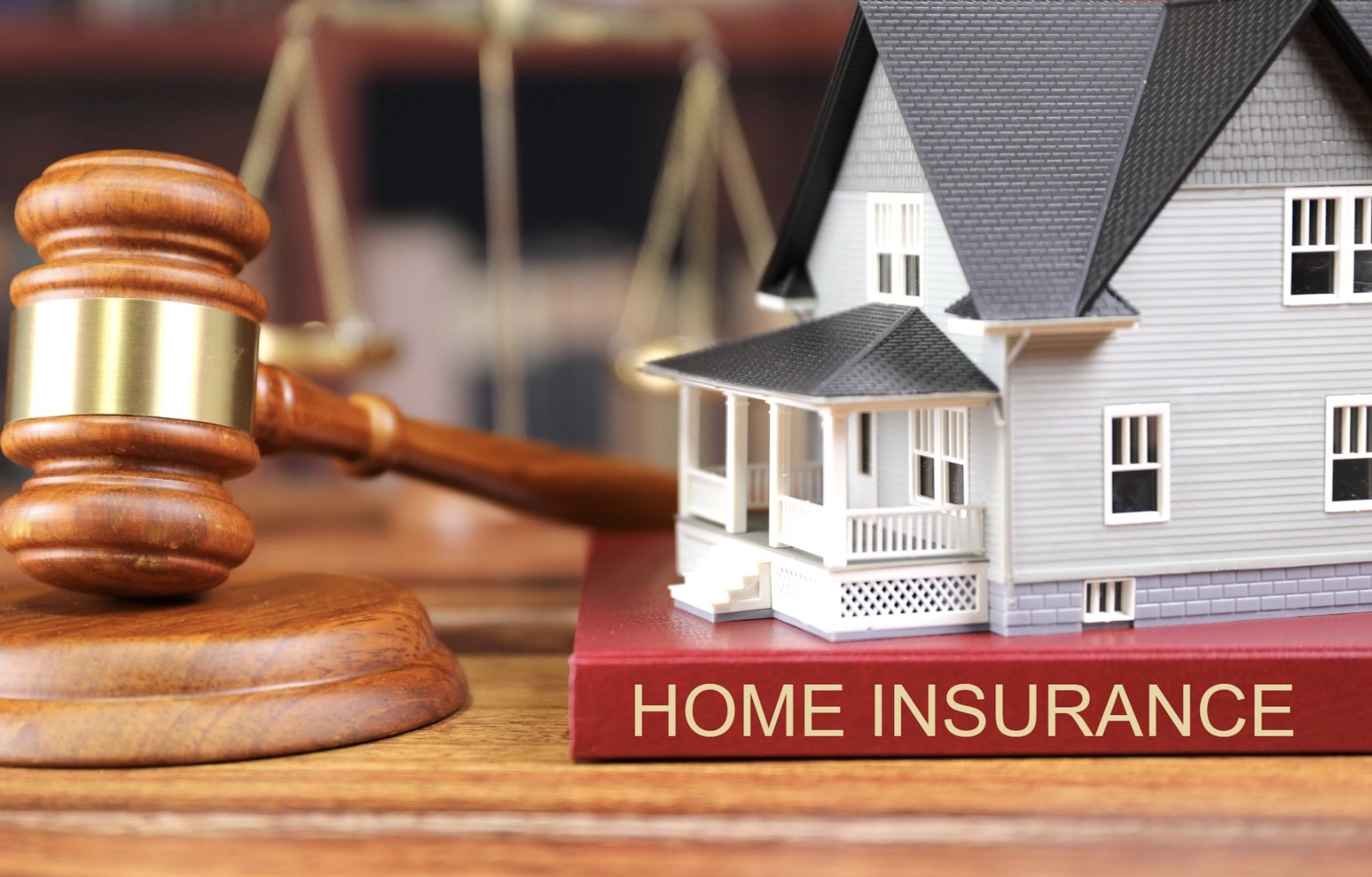If you’re a responsible homeowner, there’s a good chance that you’ve considered purchasing home insurance. There’s no telling what will happen in the future, and you can’t be too careful, right? Well, yes and no.
A home insurance policy might be a good idea in your case, but it also might not. It all depends on your specific situation.
For many homeowners, home insurance is a boring, technical, and frustratingly complicated affair that can raise the blood pressure of even the most even-keeled person and cause them to release a shriek of consternation.
If you’re torn on which (if any) home insurance plan to purchase, then you’ve come to the right place; today, we’re going to be telling you everything you need to know before buying home insurance!
In the interest of keeping it simple, we won’t be exploring the fundamentals of home insurance too thoroughly. Instead, we’ll be giving you a more “bird’s eye view” assessment of what you need to know before purchasing home insurance, so you can keep everything straight in your head. That being said, let’s jump into it!
What Is Home Insurance?
In most cases, homeowner’s insurance is an insurance policy that insures the structure and contents of your home. In most cases, loss of these belongings or damage to the structure of your home will be covered by your policy, although the payment of a cash deductible sometimes precludes this.
The events that may lead to a home insurance claim vary widely in cause, scope, and nature. Homeowner’s insurance can cover damage to your belongings from theft (break-ins and burglaries) as well as acts of God (flooding, storm damage) and even some more insular and atypical forms of damage.
Homeowner’s insurance is often mandatory, either as per the rules of your homeowners association or the statutes by which your municipality or county is governed. Regardless of whether or not it’s mandatory, however, homeowners insurance is usually well worth the price you pay for it.
How Much Does Homeowner’s Insurance Cost?
In general, compared to other types of insurance, homeowner’s insurance is affordable. This isn’t to say that it’s cheap per se, but the extra cost is generally not greater than the potential financial damage you stand to sustain should you be put in a position where you need it but don’t have it.
There are also plenty of discounts available to homeowners, from senior discounts for homeowners insurance to bundling discounts.
The average yearly cost of home insurance is approximately $1,300 a year, although this can fluctuate from household to household. The cost of homeowner’s insurance can typically be paid monthly for a little more than $100 on average, making it a thoroughly affordable proposition for those with the means to purchase a home.
For those struggling to make ends meet, however, homeowner’s insurance can be a big expense. Ultimately, whether or not you decide to purchase homeowner’s insurance depends on your budget and how much you stand to lose in the event of an accident, break-in, or act of God.
We should make clear, however, the fact that homeowners insurance should only be neglected if you are exceptionally strapped for cash.
What Impacts The Cost Of Homeowner’s Insurance?
Home insurance companies may be “the good guy” in that they pay out claims for those who meet their monthly premiums, but they’re also companies with an existential imperative driving them to be profitable or go out of business. This means that you as a client will have to pay a monthly rate that offsets the risk that your policy represents to the insurer.
In most cases, the deciding factor determining your insurance rates is the history of your previous claims. If you’ve filed claims with previous home insurance companies, then your rates are liable to increase. If you have two or more claims, your rates are likely to be considerably higher as an exponential value.
This can, of course, vary from company to company. When searching for home insurance, you should always get estimates or quotes from at least five insurance companies. Additionally, it’s worth mentioning that there are often loyalty discounts from home insurance companies for pre-existing customers.
If you have a home insurance policy and are simply looking for an updated policy, this may be the best option for you.
What Does Home Insurance Cover?
Now that we’ve talked about pricing and rate adjustion let’s talk about what exactly home insurance covers. In general, home insurance covers three areas of homeownership: liability, damage, and lodging during repair or renovation. This can vary depending on which clauses and riders your insurance policy carries, but generally, coverage is as follows.
First, the most important part of a home insurance policy is the coverage for damages, either those caused by theft, weather, and other aforementioned factors. Typically, this is accompanied by a deductible, which often precludes small claims for things such as stolen electronics, furniture, or lesser valuables.
Secondly, home insurance typically covers liability, i.e., legal protection from those who would potentially sue you as a result of injury or death while on your property. In the unlikely event something such as this occurs on your property, the homeowner’s liability coverage will typically extend to legal fees and settlement payouts.
Lastly, homeowner’s insurance can and does typically cover the cost of lodging while your home is repaired as a result of a claim withdrawn on your policy. Should your home be rendered unlivable by an accident or repairs being done as a result of an act of God, homeowner’s insurance will almost always provide you with money to be spent on accommodation.
Buying Insurance Is Always a Smart Idea
While we can’t say that it is necessary for everyone, homeowner’s insurance is almost always a good idea.
Even if the cost seems a bit steep, trust us when we say that you will be glad to have it if things ever go south on your property, leaving you with a partially or irreparably damaged home. Instead, if anything happens and you have comprehensive coverage in place, you can rest easy knowing that your home and contents are protected.






